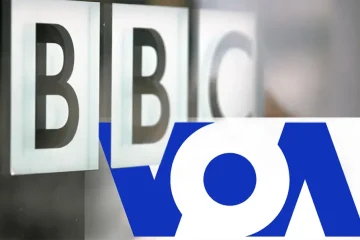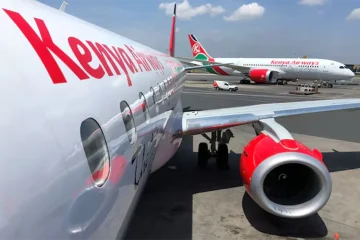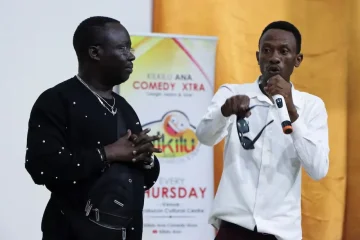CAMILLUS EBOH
NIGERIA’S main labour unions and the government set an eight-week timeline to finalise an agreement to raise the minimum wage to help cushion the impact of high fuel prices after the removal of a popular but costly petrol subsidy.
The Nigeria Labour Congress and the Trade Union Congress (TUC) had threatened to strike after fuel prices tripled following President Bola Tinubu’s decision to scrap the subsidy.
Talks with the unions are one of the first challenges the new administration faces as it pushes forward with a raft of economic reforms.
The parties agreed to set up work groups whose terms of reference will be agreed later on Tuesday with some expected to start submitting their reports next week.
“Both parties went through the list (of demands) and we ticked off the viable ones which are now broken into three categories; those that can be given immediate attention, those that can be achieved in the medium term, and long term,” said Dele Alake, a spokesman for the president, said.
TUC President Festus Osifo said the process would be completed in eight weeks.
“Everything must be rolled out within that time, (it is) not something that we are going to leave endlessly,” he said.
The parties will reconvene on June 26.
Tinubu, who took office last month, is embarking on Nigeria’s biggest reforms in decades, seeking to tackle low growth, high debt burden, rising inflation and mounting insecurity in Africa’s largest economy.
In 2012, a wave of strikes and protests ensued when the government tried to end the subsidy, with authorities eventually backtracking. Tinubu, then in the opposition, was among those who opposed the measure.














